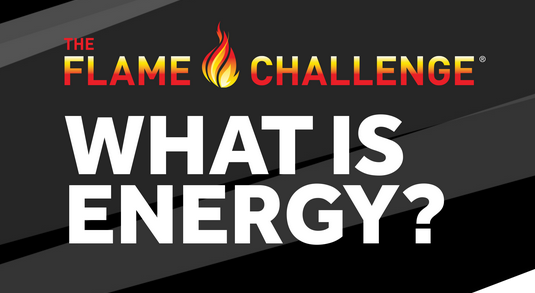 Actor, writer, and science advocate Alan Alda recently launched the sixth Flame Challenge science education contest.
Actor, writer, and science advocate Alan Alda recently launched the sixth Flame Challenge science education contest.
Since 2011, Alda has presented scientists with questions asked by kids in an effort to bridge a communication gap and enhance overall scientific communication to those not in the field. After sorting through hundreds of questions proposed by kids, Stony Brook University’s Alan Alda Center for Communicating Science has announced that it will be asking scientists from around the world, “What is energy?”
“As far as I know, nothing happens without energy,” Alda says. “Night and day, we’re surrounded by it, moved by it — we live and breathe by it. But what is it?”
The Flame Challenge will be judged by 11-year-olds from around the world, challenging the scientists submitting answer to easily communicate these complex concepts.
“I hope scientists from every discipline will have a go at answering this fundamental question about energy. Eleven-year-olds all over the world are waiting to hear the explanation,” Alda says. “The kids — and our sponsors, the American Association for the Advancement of Science and the American Chemical Society — all invite scientists to see if they can explain this complex aspect of nature clearly and vividly. Give it your best shot because, don’t forget, the kids themselves are the judges.”
Scientists and educators looking to participate in this challenge can get more information at www.flamechallenge.org.


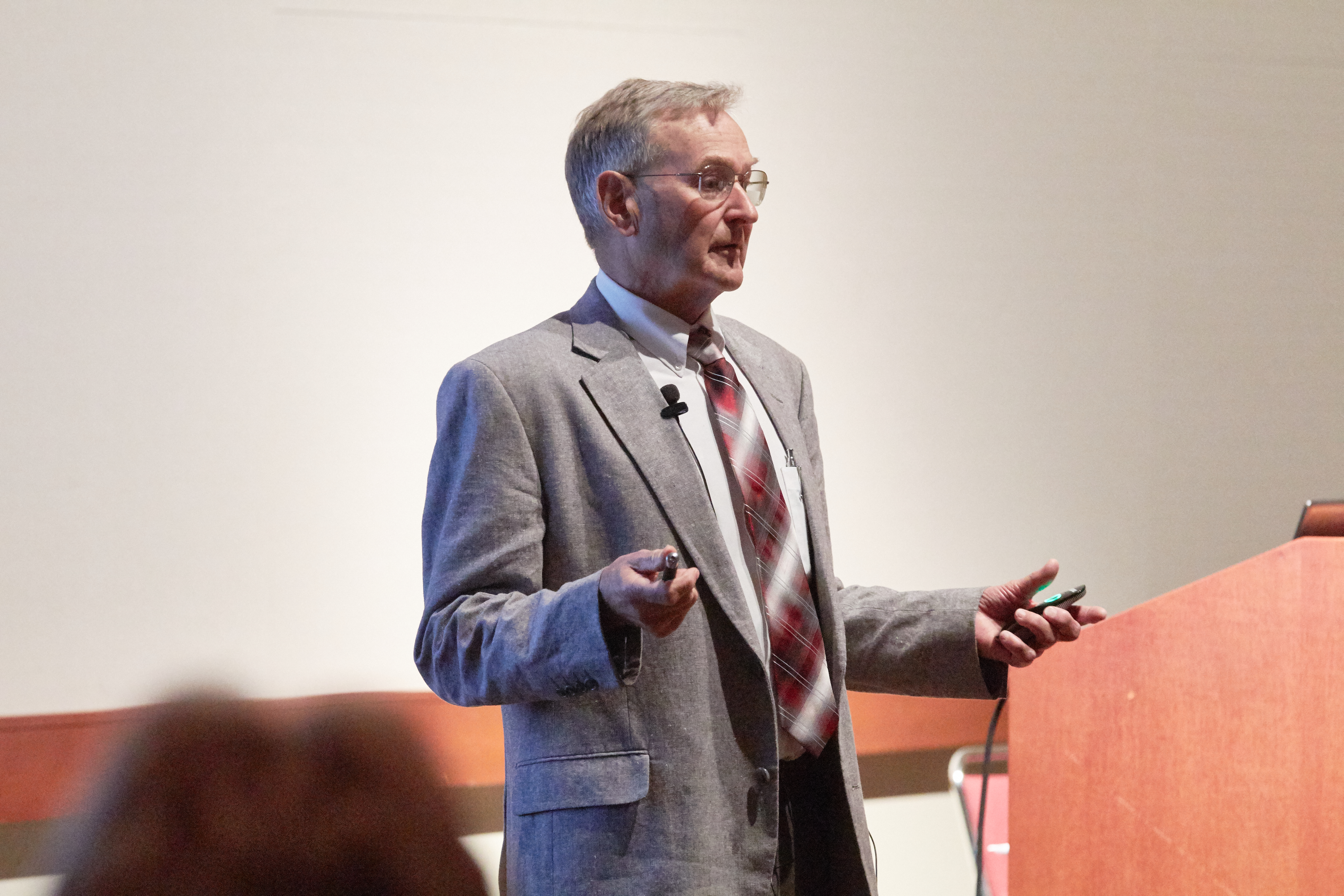 Topic Close-up #4
Topic Close-up #4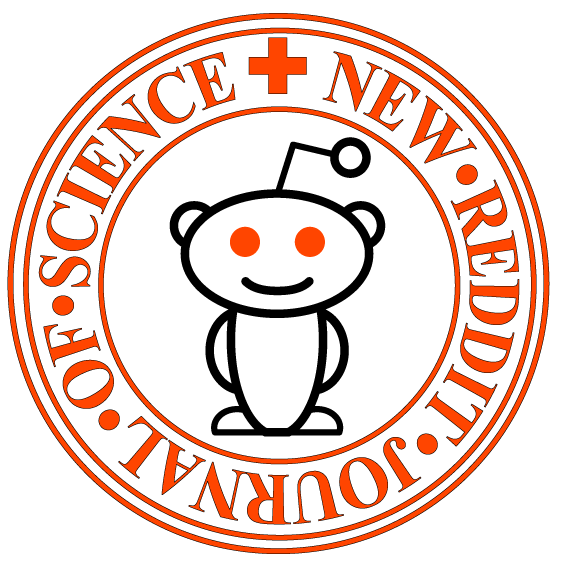 ECS Technical Editor Dr. Gerald Frankel, accompanied by ECS’s Executive Director Roque Calvo, hosted our first ever “
ECS Technical Editor Dr. Gerald Frankel, accompanied by ECS’s Executive Director Roque Calvo, hosted our first ever “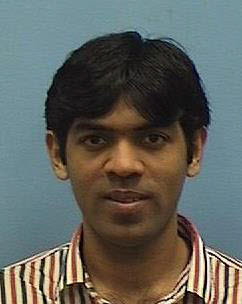 Manan is currently pursuing his PhD with Prof. Venkat Subramanian at the University of Washington, Seattle, where he is a Clean Energy Institute Fellow. He is actively involved with the recently formed University of Washington ECS Student Chapter, and serves as the vice-chair for education and outreach. Manan completed his undergraduate degree in Chemical Engineering at IIT Bombay in India. He is also one of the co-founders of a start-up called Battery Informatics where they are trying to commercialize their research on electrochemical and thermal physics model based Battery Management Systems (BMS). More details about the same can be found on
Manan is currently pursuing his PhD with Prof. Venkat Subramanian at the University of Washington, Seattle, where he is a Clean Energy Institute Fellow. He is actively involved with the recently formed University of Washington ECS Student Chapter, and serves as the vice-chair for education and outreach. Manan completed his undergraduate degree in Chemical Engineering at IIT Bombay in India. He is also one of the co-founders of a start-up called Battery Informatics where they are trying to commercialize their research on electrochemical and thermal physics model based Battery Management Systems (BMS). More details about the same can be found on 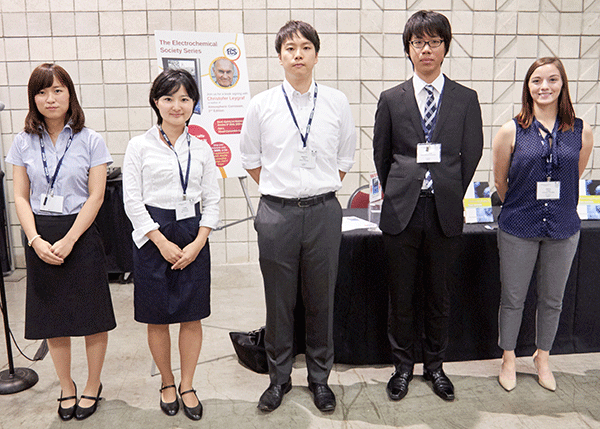
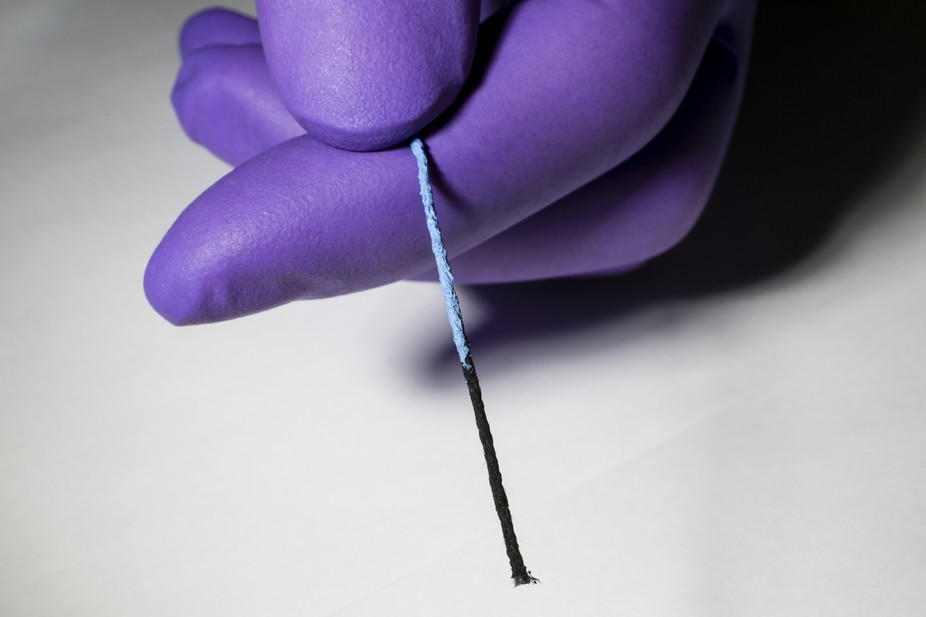
 Nobel laureates are
Nobel laureates are 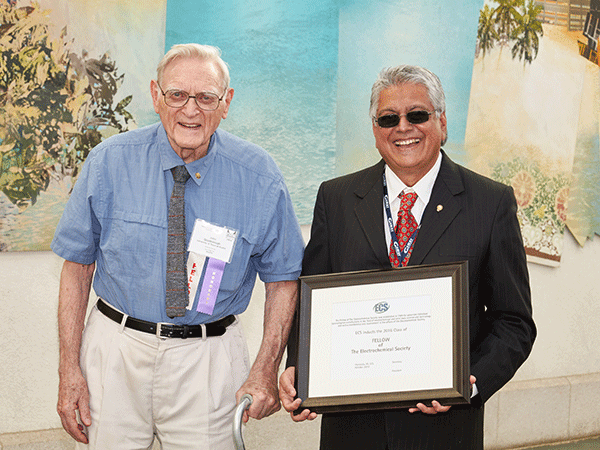
 ECS is celebrating Open Access Week this year by giving the world a preview of what complete open access will look like. From October 24th through October 30th, we are taking down the paywall to the
ECS is celebrating Open Access Week this year by giving the world a preview of what complete open access will look like. From October 24th through October 30th, we are taking down the paywall to the 